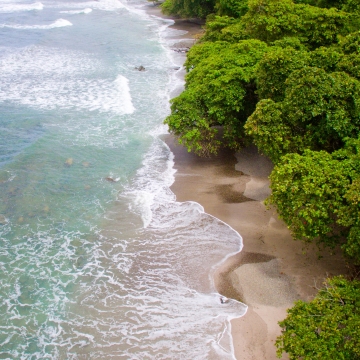Does exclusion matter in conservation agreements? A case of mangrove users in the Ecuadorian coast using participatory choice experiments.
Payments for environmental services (PES) constitute a growing approach to achieve the sustainability of ecosystems and the benefits they provide to people. However, informal tenure and lack of capacity to enforce property rights impede implementation of PES initiatives. Such challenges are common for local communities in coastal and marine areas who overexploit Common-Pool Resources (CPR) under open access. Assigning property rights to organized users has been implemented as a solution, transforming a public good into a club good.


